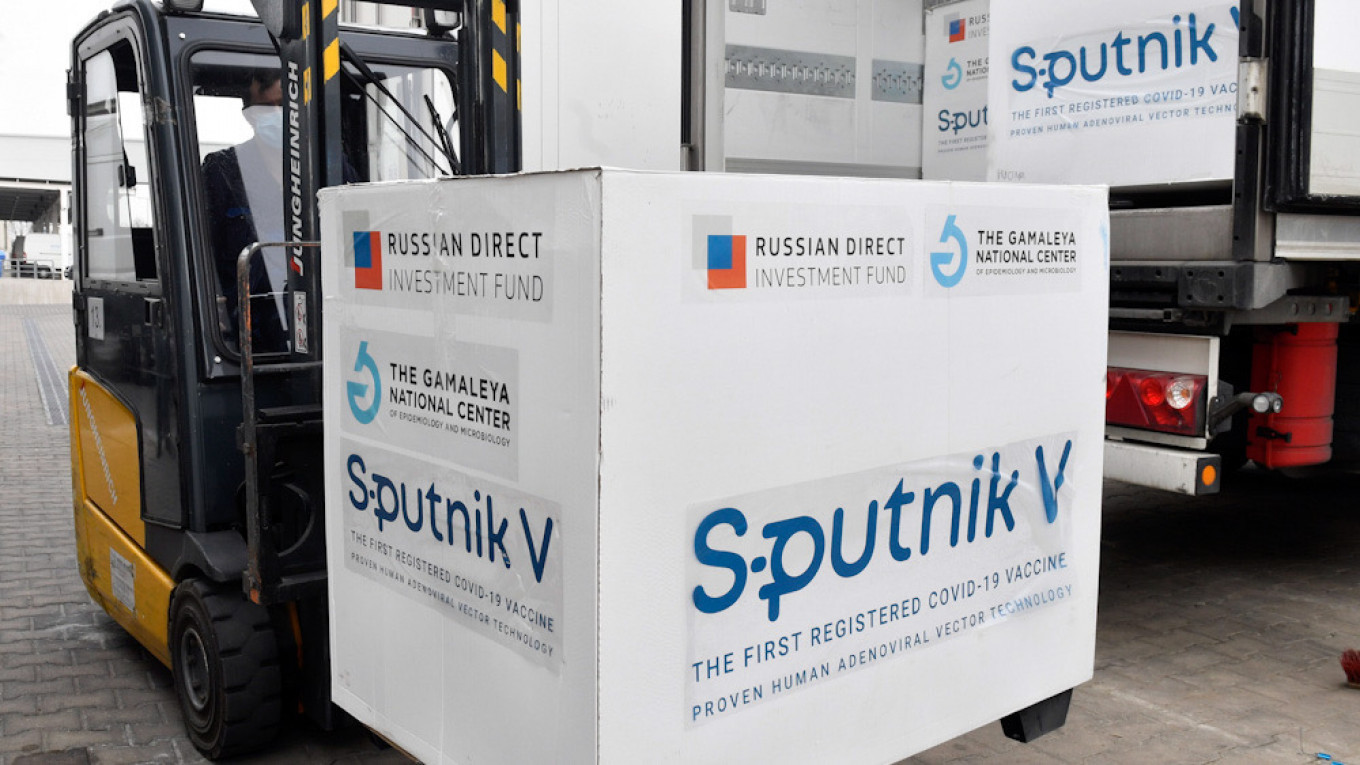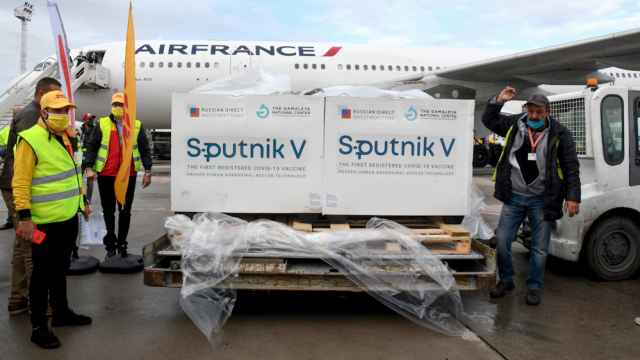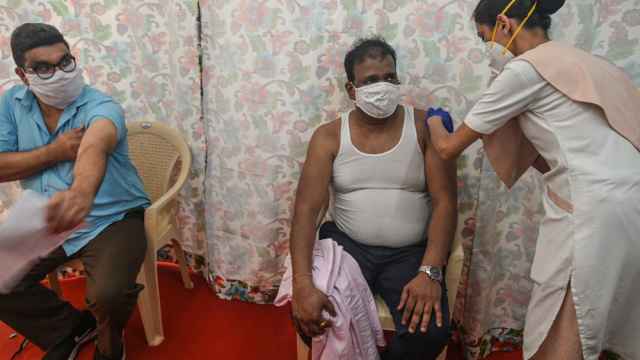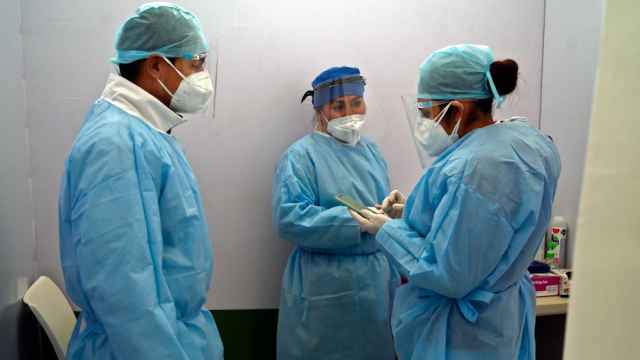Argentina and Mexico are facing a shortage of second doses of Russia’s Sputnik V coronavirus vaccine despite Moscow’s pledge to supply 10% of the world’s population, according to several media outlets.
Argentina’s La Nacion daily reported Sunday that its government is in “intense talks” with Russia on new deliveries because many first-dose recipients between late March and early April have had to wait up to 12 weeks for the second component.
Citing official data, it said that Argentina received 7.8 million first doses and only 1.5 million second doses of Sputnik V by mid-June.
Bloomberg reported Saturday that less than one-fifth of Argentinians have received both shots of Sputnik V, a subject that opposition lawmakers raised with the Latin American country’s health minister.
It also reported that Mexico complained in May that production delays are leading to a shortage of Sputnik V’s second component.
Russia has delivered 17 million of the promised 896 million doses to other countries, compared with China’s 234 million and India’s 76 million, according to Bloomberg’s calculations.
The Russian Direct Investment Fund (RDIF), which markets Sputnik V worldwide, says it is on track to produce 1.6 billion doses in 2021 through agreements with 25 manufacturing facilities in 14 countries.
Peer-reviewed research published early this year said that Sputnik V is 91.6% effective. Argentina and Mexico were among the earliest countries to approve and receive shipments of Sputnik V this winter.
Experts say Sputnik V, despite the lack of research, also appears to be effective against the more-contagious Delta strain that is driving Russia’s third wave of the pandemic and straining its health care system.
Russia last month registered a single-dose version of Sputnik V, called Sputnik Light, which the RDIF said has 79.4% efficacy.
A Message from The Moscow Times:
Dear readers,
We are facing unprecedented challenges. Russia's Prosecutor General's Office has designated The Moscow Times as an "undesirable" organization, criminalizing our work and putting our staff at risk of prosecution. This follows our earlier unjust labeling as a "foreign agent."
These actions are direct attempts to silence independent journalism in Russia. The authorities claim our work "discredits the decisions of the Russian leadership." We see things differently: we strive to provide accurate, unbiased reporting on Russia.
We, the journalists of The Moscow Times, refuse to be silenced. But to continue our work, we need your help.
Your support, no matter how small, makes a world of difference. If you can, please support us monthly starting from just $2. It's quick to set up, and every contribution makes a significant impact.
By supporting The Moscow Times, you're defending open, independent journalism in the face of repression. Thank you for standing with us.
Remind me later.






